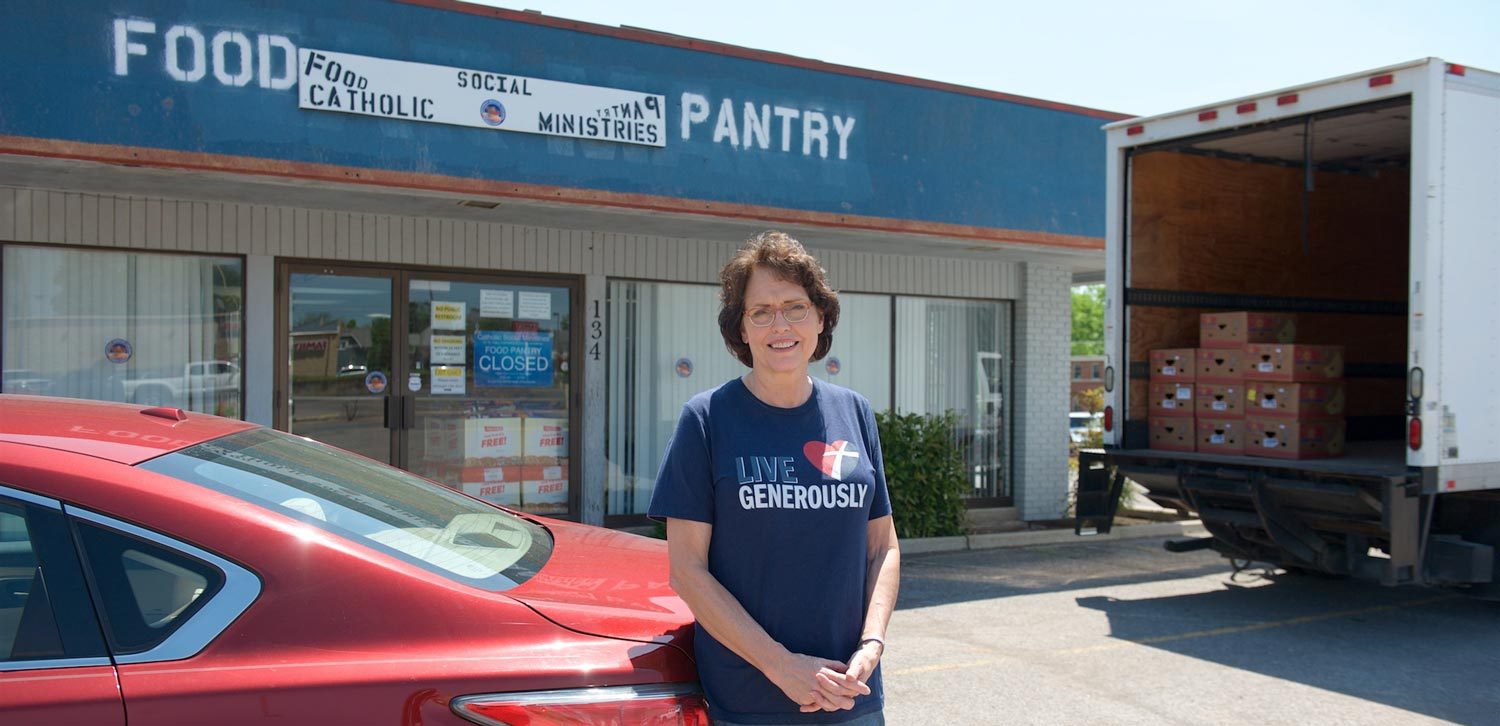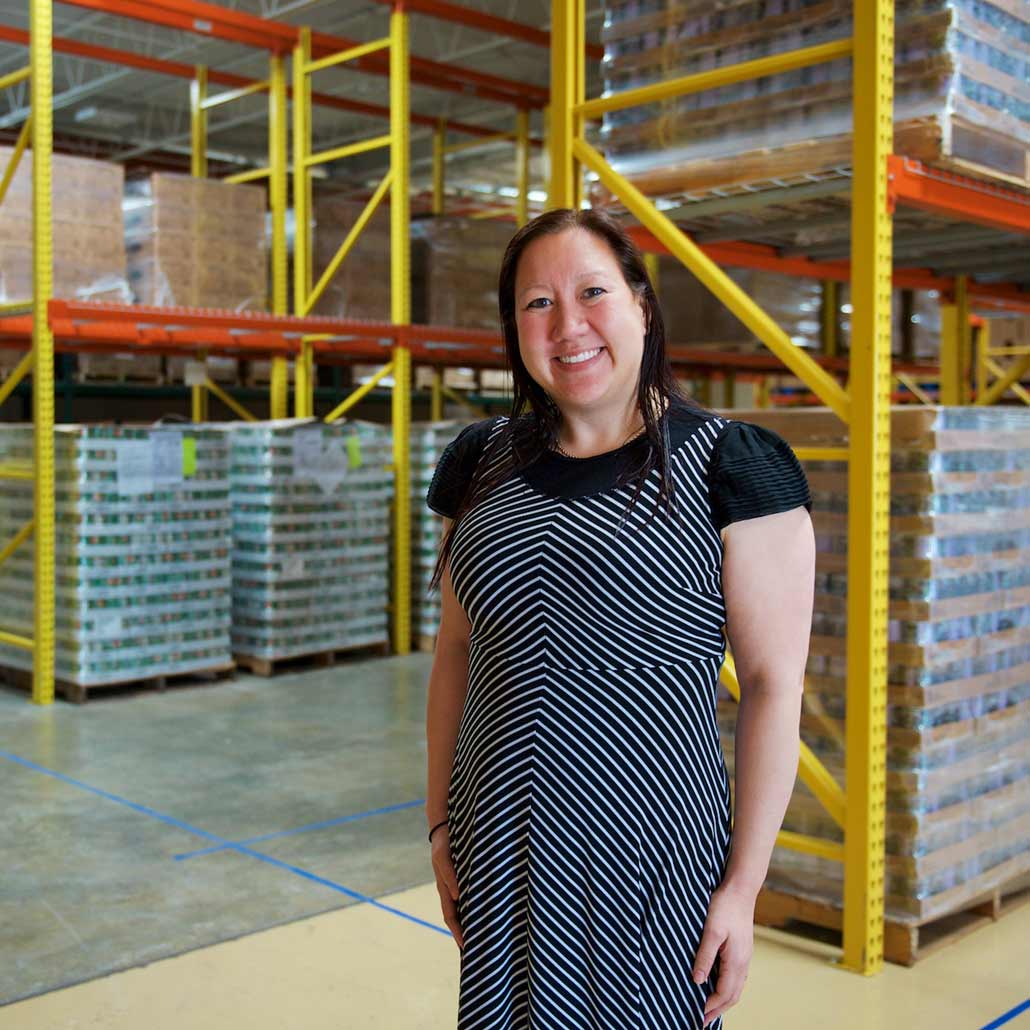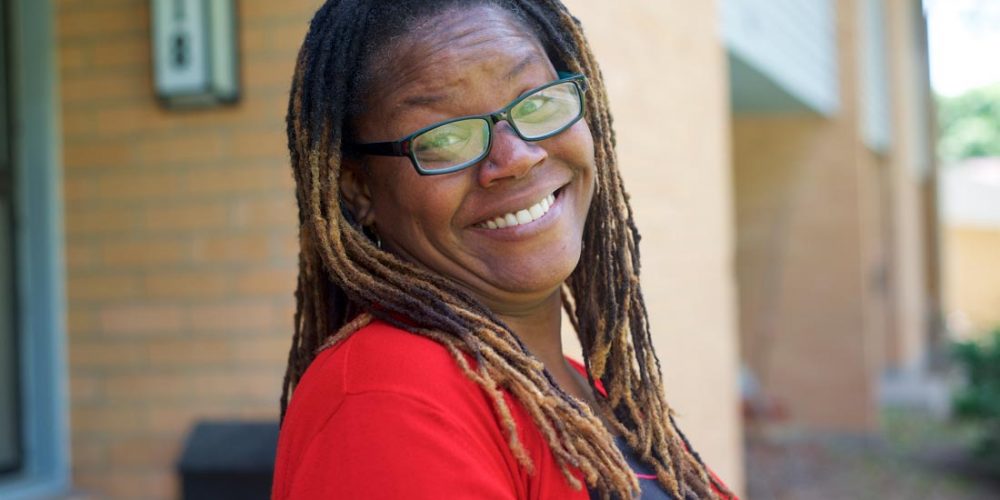The Net Benefit
When we look out for one another, we all see #TheNetBenefit.

Note: This campaign is part of the legacy work showcased on our website and is no longer active.
Our first Foundation-led communications campaign. Through this work we shared #TheNetBenefit of our health and social safety net and how we’re all better off when our families, friends, and neighbors have what they need to live healthy, productive lives.
Our state is only as strong as our people. And our people — our families, friends, and neighbors — are strong when they have access to the food, shelter, health care, and economic support they need to lead healthy lives. This is true no matter who you are or where you live. When Missourians have access to care, they have the opportunity to live up to their potential and pursue their dreams, bringing untold value to their communities and to our state.

Why it matters
Missourians are connected to the support and resources they need to lead healthy lives through a combination of state and federal programs, dedicated professionals, volunteers, and community organizations. In fact, programs like SNAP (food stamps), WIC (nutrition program for Women, Infants, and Children), TANF (Temporary Assistance for Needy Families), Medicaid, SSI (Supplemental Security Income), disability, and housing assistance ensure an estimated 1.1 million Missourians have access to care, including 250,000 children. But through our work across the state, we have found that when Missourians’ basic needs are not met, their health is negatively impacted.

How we’re changing things
We worked to help all Missourians better understand how taking care of our residents who need help most — particularly children, seniors, veterans, and people with disabilities — leads to stronger communities and a stronger state. We must look out for our neighbors and strive to understand what it takes for each of us to lead a healthy life. And we must recognize the important work of dedicated professionals, local institutions, and volunteers who work tirelessly to support those in need.

What you can do
Through this campaign, we endeavored to lift up the voices of Missourians who have seen #TheNetBenefit of supporting those in need.
We also encouraged others to spread the word about #TheNetBenefit via social media, with local media, and through their personal and professional networks. Learn more through the resources below.

“I never knew that the need was so great here until I needed it.” Nygia L., – Columbia, MO
1.1M
Missourians
have access to care through programs like SNAP, WIC, and Medicaid.
250,000
Missouri children
are supported by state and federal programs.
9 in 10
Missourians
believe the safety net is important.
12+
Partners
are part of The Net Benefit campaign.
Resources
Get in Touch
Reach out to one of our Net Benefit contacts for more information.


